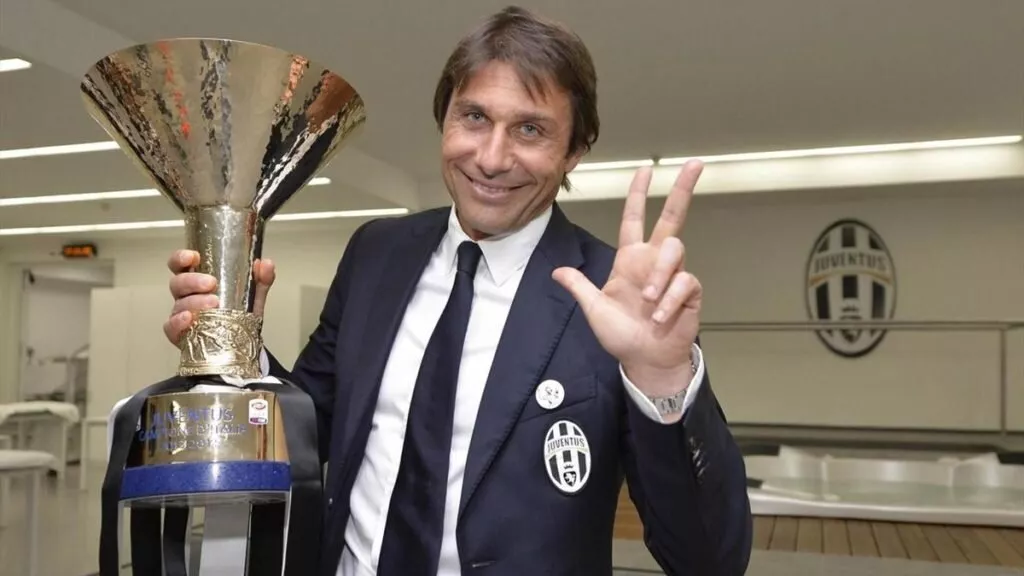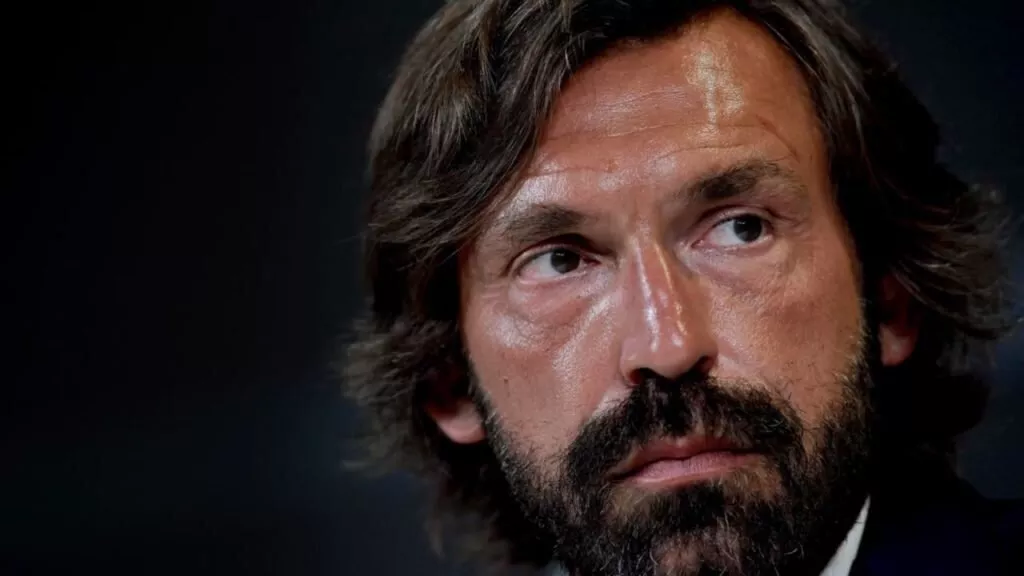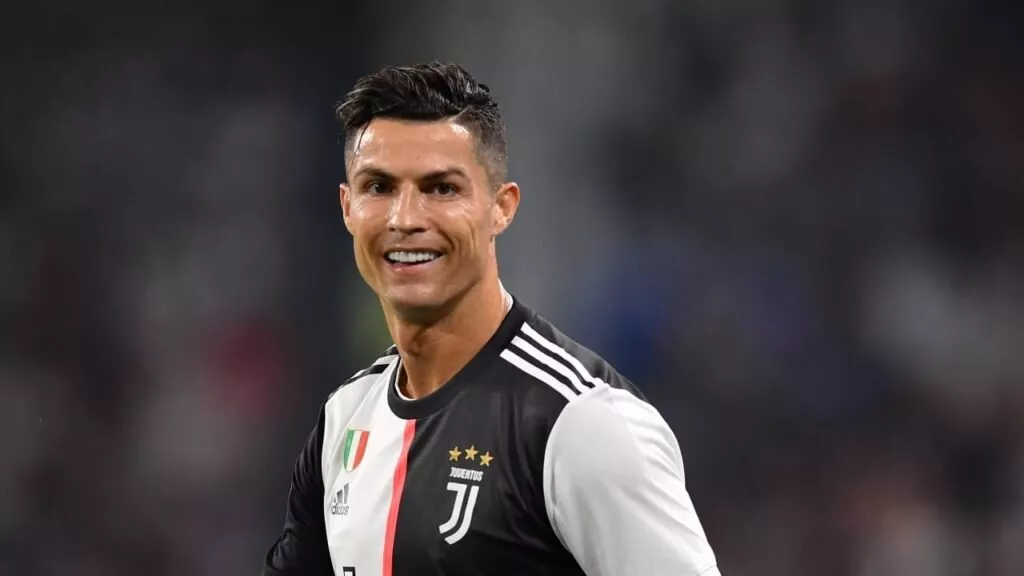The decline of Juventus as a major European force

The Old Lady have fallen off the pace in recent years.
To quote American motivational speaker Zig Zaglar – “You were born to win, but to be a winner, you must plan to win, prepare to win, and expect to win”
Juventus have been among an elite list of European clubs that lived up to this quote both at a domestic and continental level. 36 Serie A titles, 14 Coppa Italia wins, 9 Super Cups and 2 European Cup/Champions League titles are an indicator of this. In a league that in recent memory had to play second fiddle to Premier League and La Liga heavyweights. Juventus have stood out as the sole credible challenge for European honours.
Post the controversial 2005-06 Calciopoli scandal that resulted in the Old Lady relinquishing their league title to arch-rivals Inter. The team went in steady decline till the return of former Juventus midfield enforcer Antonio Conte as head coach for the 2011-12 season. Conte brought a mentality that personified Ziglar’s quote back to his former stomping ground. He emphasized the value of hard work and wanted to instil a sense of pride in the playing squad in wearing the famous black and white stripes. A high-pressure, defensively solid, tactically prepared Juventus won 3 consecutive Serie A titles on the bounce. Before disagreements between Conte and the board on transfers saw him leave the club in 2014.

Hunt for European success
While domestic success has never eluded them. It was European glory that evaded Juventus ever since Marcelo Lippi’s team lifted Big Ears in Rome all the way back in 1996. That team went on to feature in the Champions League finals of the next 2 successive seasons. But ended up narrowly losing out to Borussia Dortmund and Real Madrid respectively.
Since then, the Old Lady has reached the finals in 2015 and 2018, orchestrated by former Milan and Cagliari manager Massimiliano Allegri. This catapulted Juventus to being challengers both domestically and in Europe for a brief period. Since then, they have not crossed the quarter-final stages after losing out to Ajax, Lyon, and FC Porto. The club fell from the pedestal of being Italy’s hope in the Champions League to rank outsiders. How did this happen to such a prestigious club was a question that everyone began to ask?
Outpaced, outrun, out-thought by the rest of Europe
Juventus have lived by the motto of ‘fino alla fine’ or ‘Until the end' showcasing their desire to win at all costs at any time of a match or season. The team has relied on hard work. A never-say-die attitude and individual talent to get them across the line over the years. Conte’s Juventus blended these traits with a high-octane style of football that blew teams out of the water. While Allegri’s team won games despite not playing well, their improvement in European form justified the means. But at the same time, clubs around Europe were evolving by bringing in younger coaches with fresh thinking, a desire to play vertical football built on pressing and possession, promoting talent from within and data-led recruiting to make sharper, value for money signings for the long term.
Juventus, on the other hand, stayed in their comfort zone of relying on Giuseppe Marotta’s expertise in identifying talent across the globe and bringing them to Italy for free or very low costs. Paul Pogba, Andrea Pirlo, Arturo Vidal, Mario Mandzukic and Paulo Dybala were among the success stories that the Marotta can boast of. Allegri’s managerial nous ensured that he integrated them into a system. This saw them challenge strongly on both European and domestic fronts.
Champions League exits
Elimination at the hands of Pep Guardiola’s Bayern Munich in the 2015-16 season. And by Erik Ten Haag’s young Ajax side in the 2018-19 campaign exposed just how far behind Juventus was in terms of personnel and tactics. In addition, both Ajax and Bayern were benchmarks on how international superstars can blend with talents from the academy. Something which Juventus had not been able to do since Claudio Marchisio terminated his contract with the club after the 2017-18 season.
The club’s inability to replace Marotta after his departure in 2018 dealt a further blow to the club’s aspirations towards being a club that can be a milestone in a player or manager’s career. It was evident when they were unable to convince Mauricio Pochettino to take charge. When he was out of work after his sacking from Tottenham Hotspur in November 2019. Pochettino was seen by many fans as a manager in the Conte mould given how his Spurs team were proactive, hard-working, and integrated numerous players from the club’s academy.

The Andrea Pirlo experiment failed, and the club went back to type and brought Allegri back in their bid to wrest domestic bragging rights from a reinvigorated Inter. This move was particularly alarming just when Italian football has started becoming a hub for tactical innovations, proactive football and young Italian coaches like Vincenzo Italiano, Roberto de Zerbi, and Simone Inzaghi emerged with fresh ideas on how their teams would play. Allegri’s return has not sparked a return to the summit of Serie A nor has their Champions League form improved. But if Juventus are to entertain any hopes of being a European superpower again, being at pace with the evolving European game is of paramount importance
Performance off the pitch took center stage
In the last decade, Juventus always drew up associations with extracting value from the transfer market through Bosman moves. Buying upcoming talent for cheap, co-ownership deals and making sure the squad always remained competitive. The latter was the pillar around which all business took place. Since Marotta’s departure, the club moved in a direction that sought to expand the Juventus brand into more markets. On the lines of other European super clubs like Real Madrid, Barcelona, Bayern Munich, Chelsea, Liverpool and Manchester United to name a few.
Signing of Cristiano Ronaldo
A rebranding of the club logo and a host of new partnerships boosted the club coffers and signalled the beginning of a new era at the club. However, it was the blockbuster signing of Cristiano Ronaldo for around £100 million shocked Europe and the world. As the club made no bones of their desire for European glory by signing one of the competition’s leading scorers.

According to a report by KPMG’s Football Benchmark Team, in the season he joined Juventus. The club’s annual cost on Ronaldo after annual amortisation and gross salary spend accounted for €86 million. Which accounted for 22% of the club’s total revenues. There were positive upsides as well with the club’s matchday revenues grew by 25% in his first season in Turin. The report also mentioned how the value of sponsorship on the Juventus jersey which shot up to over €100 million from the existing €40 million.
This level of investment and commercial upside can be justified if it translated into on-pitch results. Instead, European glory evaded the Old Lady in each of the 3 seasons of Ronaldo’s stay in Turin. The cost of keeping their star signing offset the need to refresh the team. It is not to say that Ronaldo was the only reason for the club’s decadence in Europe as there were other areas that were not functioning at full tilt.
Lack of leadership and malfunctioning midfield
One of the bedrocks of Juventus’ success in Italy and Europe has always been their strong defensive unit. Former wearers of the famous black and white jersey like Gaetano Scirea, Paolo Gentile, Pietro Vierchowod, Lilian Thuram, Paolo Montero, Ciro Ferrara, Fabio Cannavaro, Giorgio Chiellini, Leonardo Bonucci and Andrea Barzagli. They were ‘mentality monsters’ and were leaders on and off the pitch. As the famous Bonucci-Barzagli-Chiellini (BBC) axis started to age. There was no clear plan on bringing or grooming suitable replacements except for Matthijs de Ligt who has now been sold to Bayern Munich.
A similar case can be made for the midfield which often provided crucial goals and took the pressure off the attacking unit. The club has limped on ever since Arturo Vidal, Andrea Pirlo and Marchisio left Turin. Miralem Pjanic, Adrien Rabiot, Aaron Ramsey, and Arthur were signed more because they were available rather than solving a pressing need. The recent arrivals of Manuel Locatelli, Weston McKennie and Denis Zakaria have showed promising signs. But they will need time and experience before they can truly propel the club back into contention for Europe.
At a boardroom level, the increasing importance of former player Pavel Nedved in transfers, running of the club and managerial appointments have proved to be a stumbling block. It is not always the case that a former great of the club can translate that success behind the scenes. If the club seeks to make a return to Europe’s summit. They will need to rethink the structure and motivations of the teams involved – the one that is on the pitch and the one beyond.
For more updates, follow Khel Now on Facebook, Twitter, and Instagram and join our community on Telegram.
Where passion meets insight — blending breaking news, in-depth strategic analysis, viral moments, and jaw-dropping plays into powerful sports content designed to entertain, inform, and keep you connected to your favorite teams and athletes. Expect daily updates, expert commentary and coverage that never leaves a fan behind.